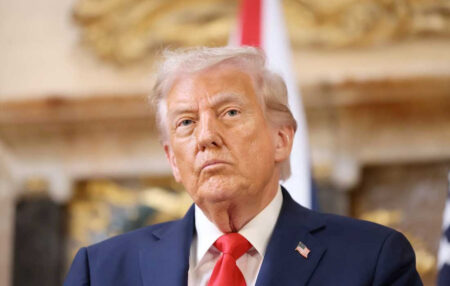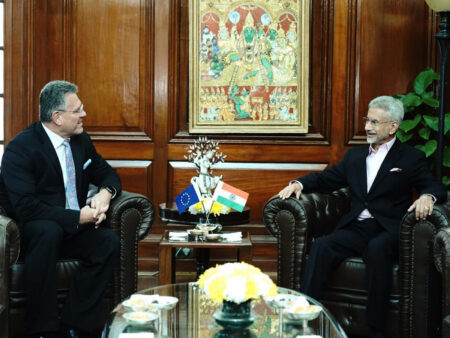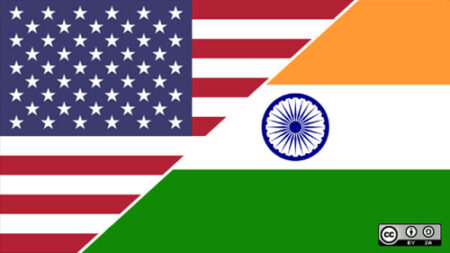India and the UK’s landmark FTA aims to double trade by 2030, but hurdles like carbon tax and BIT concerns remain. Resolving these is key to ensuring long-term balance and mutual growth.

Trust and tariffs will shape the future of bilateral trade
FTA finally signed
In May 2025, India and the UK concluded a long-awaited Free Trade Agreement (FTA), targeting a trade boost from USD 60 billion to USD 120 billion by 2030. Amid global protectionism, this deal stands out by removing barriers, cutting tariffs, and strengthening economic ties between two historically linked nations.
India will cut duties on 90 percent of British goods. Key beneficiaries include whisky, aerospace, medical devices, chocolates, and machinery. Tariffs on UK spirits will drop from 150% to 40% over a decade, while automotive duties will fall from over 100% to just 10%.
India’s gains clear
India stands to gain across labour-intensive sectors like textiles, leather, marine products, and engineering goods. Export access for gems, toys, and chemicals supports job growth. Service liberalisation will also benefit yoga instructors, chefs, and musicians, showcasing deepening cultural ties.
But it’s not all smooth sailing. Two major challenges remain: the UK’s proposed carbon tax and the unresolved Bilateral Investment Treaty (BIT). These could disturb the trade equilibrium and dilute the expected gains.
Carbon Tax challenge
India’s Commerce and Industry Minister, Piyush Goyal, recently voiced concerns about the UK’s Carbon Border Adjustment Mechanism (CBAM), commonly referred to as a carbon tax. Slated for 2027, this tax may apply to Indian exports of high-emission goods like steel, cement, aluminium, and fertilisers, worth nearly $775 million. If imposed, it would not only erode India’s export competitiveness but may also trigger retaliatory duties.
A domestic carbon framework, aligned with global norms, should be India’s next step. We must also negotiate for delayed CBAM implementation, allowing time to develop a robust transition strategy and protect our trade interests.
BIT still pending
The Bilateral Investment Treaty remains unresolved. Negotiations since 2022 have faced friction over India’s 2016 Model BIT, which requires exhausting local remedies. Concerns include diluted investor protections, absence of ‘fair and equitable treatment,’ and vague CSR obligations, sending mixed signals.
This impacts outbound Indian investors too, who face legal uncertainties in host countries. With FDI already declining over 30 percent since 2022, a balanced BIT is critical. We need investor-friendly clauses, timely dispute redressal mechanisms, and a legal environment that builds confidence.
The road ahead
This FTA is a proactive and bold step, particularly at a time when global trade discourse is dominated by protectionism. While India explores similar agreements with the EU, GCC, and Canada, this one with the UK holds immense potential. But for it to succeed, both countries must iron out contentious issues, especially CBAM and BIT, and build a truly reciprocal and forward-looking trade and investment framework.
By Sanjay Mantri,
Director – Key Accounts, AJ Worldwide Services
Global Freight Forwarding & Logistics Strategy Expert











